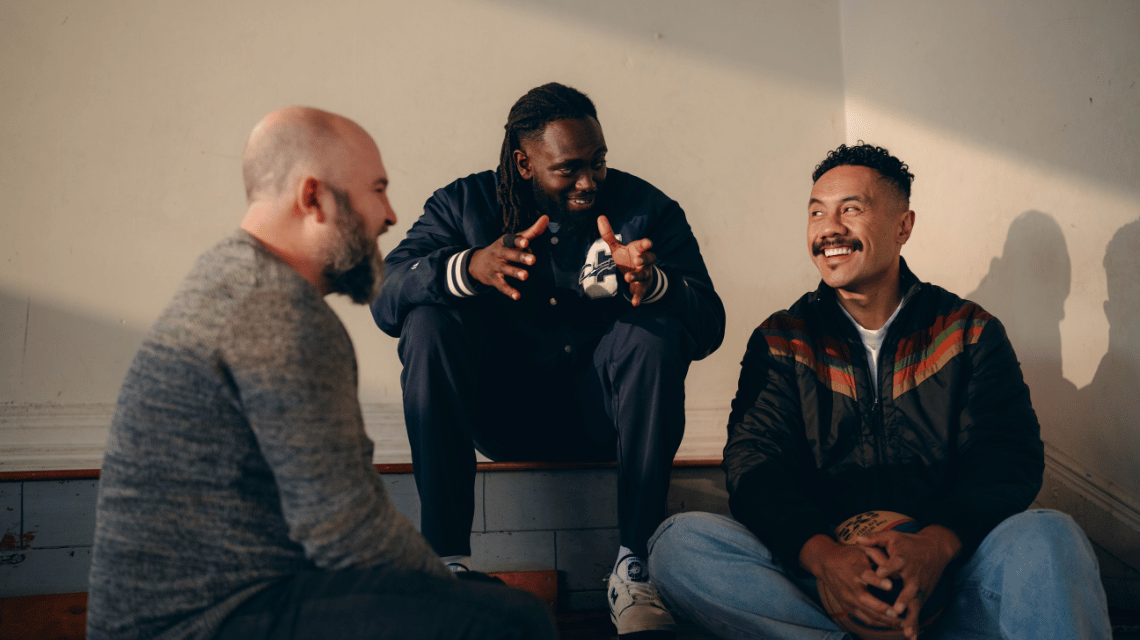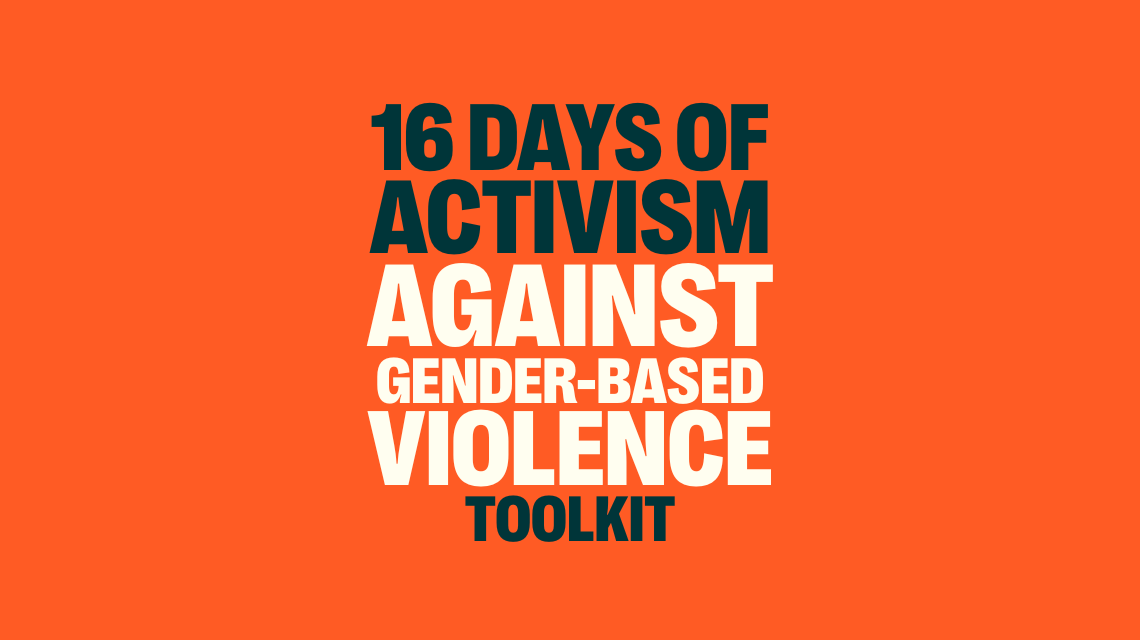Men and women deserve equal rights and opportunities. This campaign aims to support the Victorian community in understanding what respect means, what it looks like, and how to put it into practice in their everyday lives.
How disrespect can lead to violence against women
Research tells us that sexism and disrespect towards women contribute to a culture that allows, justifies, or even promotes violence towards women.
Challenging disrespect towards women is everyone's responsibility. By calling out disrespect, sexism and other forms of discrimination early, we can help prevent violence against women and take steps towards a future where we are all safe, equal and respected.
1. Don't laugh at sexist jokes.
2. Give a disapproving look to show a behaviour or statement is not okay. Shake your head or roll your eyes.
3. Leave a pointed and uncomfortable silence.
4. Make a light hearted comment: "What century are you living in?"
5. Check in with the person affected: "I heard what he just said – are you okay?"
6. Privately let them know their behaviour is not okay: "The joke you made in yesterday's meeting was not funny, and actually not okay."
7. Calmly disagree and state that the comment is wrong or unacceptable: "I know you probably didn't mean it, but I found what you said to be offensive."
8. Speak up and educate by explaining why you disagree: "Actually evidence shows the vast majority of women do not make up false claims of sexual assault."
9. Challenge the logic: "That's not my experience" or "What makes you think that?”
10. Stand up for the person affected: "Michelle was saying something, and you cut her off again."
11. Make eye contact with the person affected – let them know you're an ally.
12. Show your emotion: "It actually makes me sad / uncomfortable when you say that."
13. Support others when they call it out: "I agree, that's not funny."
14. Appeal to their better self: "Come on, you're better than that."
15. Report the behaviour to management, or via incident reporting systems if available.
16 Disrupt or distract the situation to redirect the focus from the incident to someone else.
There is no 'right' way to call it out, but we do have a few tips you might want to try. Don't forget to put your own safety first - if a situation is already violent or looks like it could turn that way, always call triple 000.
Gender inequality is one of the main drivers of violence against women. We also know that other intersecting forms of discrimination – including racism, ageism, homophobia, transphobia, and colonialism – are drivers of violence.
The 2021 National Community Attitudes towards Violence against Women Survey (NCAS) tells a concerning story:
-
41% of Australians believe that domestic violence is committed equally by both men and women, despite evidence definitively showing that men are the primary perpetrators of domestic violence.
-
While the majority of Australians believe that violence against women is a problem across the country, less than half believe it is a problem in the suburb or town they live in.
-
34% of people believe that it is still common for sexual assault accusations to be used as a way of getting back at men.
-
35% of people believe that many women exaggerate how unequally women are treated in Australia.
We can all play a role in preventing violence against women – so join us with leading with respect, and calling out discrimination.
Support pathways
If you are experiencing family violence, concerned for your safety, or in an emergency situation please call 000 for urgent police assistance. Check our list of recommended specialist support organisations to find assistance.
Download campaign resources
Respect Women 2022 campaign FAQs - English (word)
Respect Women 2022 campaign FAQs - English (PDF)
Download translated materials about this campaign:
Arabic (العربية)
Respect Women 2022 campaign FAQs - Arabic (word)
Respect Women 2022 campaign FAQs - Arabic (pdf)
Mandarin (普通话)
Respect Women 2022 campaign FAQs - Mandarin (word)
Respect Women 2022 campaign FAQs - Mandarin (pdf)
Cantonese (廣東話)
Respect Women 2022 campaign FAQs - Cantonese (word)
Respect Women 2022 campaign FAQs - Cantonese (pdf)
Hindi (हिन्दी)
Respect Women 2022 campaign FAQs - Hindi (word)
Respect Women 2022 campaign FAQs - Hindi (pdf)
Vietnamese (Tiếng Việt)
Respect Women 2022 campaign FAQs - Vietnamese (word)
Respect Women 2022 campaign FAQs - Vietnamese (pdf)



